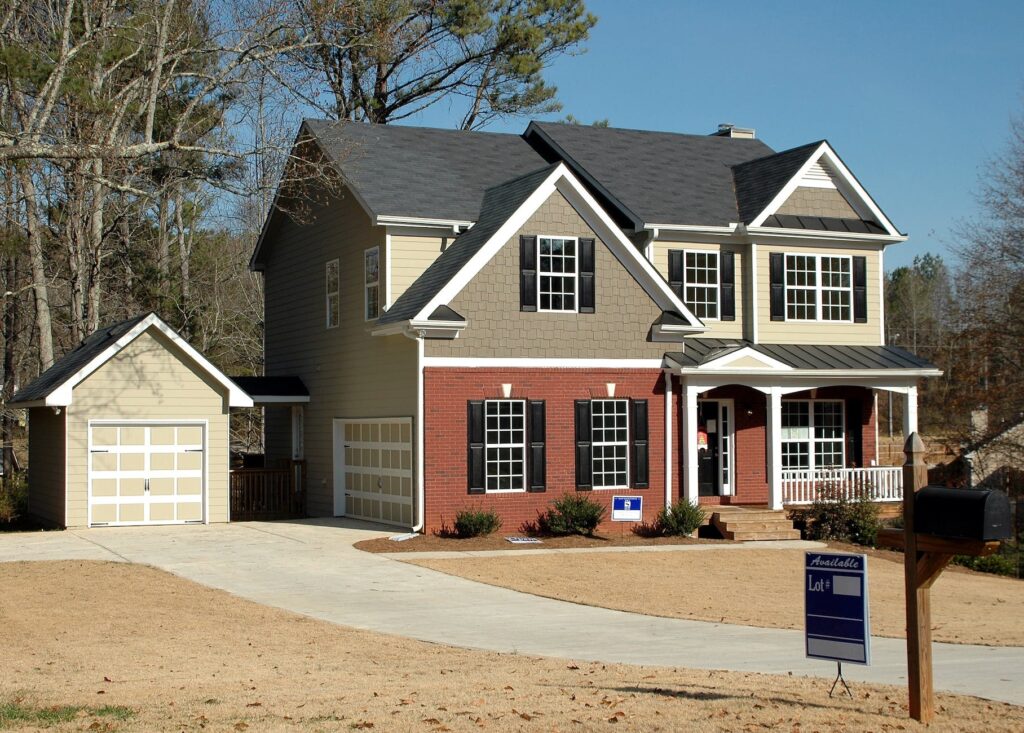Introduction
Purchasing a home is a major life decision, and it’s important to be prepared for the financial commitment involved. Beyond the initial down payment and mortgage, there are numerous hidden costs that can catch buyers off guard. In this article, we will explore these often overlooked expenses, shedding light on the financial aspects of homeownership. By being aware of these hidden costs, prospective buyers can make informed decisions and ensure a smoother transition into their new homes.
How to Prepare for the Hidden Costs of Homeownership
One of the best ways to prepare for the hidden costs of homeownership is to work with a qualified realtor. A good realtor will be familiar with the local market and can help you find a home that fits your budget and needs. They can also help you navigate the home buying process and negotiate the best possible price.
If you’re not sure where to start, you can ask for recommendations from friends, family, or colleagues. You can also search online for realtors in your area. Once you’ve found a few candidates, be sure to interview them and ask about their experience, fees, and marketing strategies.
Choosing the right realtor is an important decision, but it doesn’t have to be difficult. By following these tips, you can find a qualified realtor who can help you make the home buying process as smooth and stress-free as possible.
Here are some of the hidden costs of homeownership that you should be aware of:
- Closing costs: These are the fees associated with buying a home, and they can add up to thousands of dollars. They typically include things like appraisal fees, title insurance, and recording fees.
- Property taxes: These are taxes that you pay to the local government based on the value of your home. They can be a significant expense, and they can increase over time.
- Homeowners insurance: This is insurance that protects your home from damage caused by fire, theft, and other hazards. It is usually required by lenders, and it can be a significant expense.
- Maintenance and repairs: Even a well-maintained home will need occasional repairs and maintenance. These costs can add up over time, so it’s important to budget for them.
- Utilities: These are the costs of heating, cooling, water, and electricity. They can vary depending on the size of your home and the climate you live in.
- Pest control: This is the cost of preventing and treating pests, such as termites and rodents. It is usually a recurring expense, and it can be expensive.
- Homeowners association fees: If you live in a community with a homeowners association, you will be required to pay monthly fees. These fees can cover things like maintenance of common areas, trash removal, and insurance.
- Moving costs: Moving can be a costly endeavor, and it’s important to budget for it. The cost of moving will vary depending on the size of your home, the distance you’re moving, and the services you choose.
How to Find the Best Realtor Near You
When you’re looking for a realtor, it’s important to find someone who is qualified, experienced, and has a good reputation. Here are a few tips for finding the best realtor near you:
- Ask for recommendations from friends, family, or colleagues.
- Search online for realtors in your area.
- Interview several realtors before making a decision.
When you’re interviewing realtors, be sure to ask about their experience, fees, and marketing strategies. You should also ask for references so you can speak to past clients.
How to Budget for Moving Costs
Moving can be a costly endeavor, but it’s important to budget for it. The cost of moving will vary depending on the size of your home, the distance you’re moving, and the services you choose.
Here are a few tips for budgeting for moving costs:
- Get estimates from several moving companies.
- Consider hiring a moving company that specializes in packing and unpacking.
- Pack your own boxes and furniture to save money.
- Rent a moving truck or van instead of hiring a moving company.
- Ask friends and family for help with moving.
- Donate or sell items that you don’t need to move.
- Negotiate a lower price on your new home to cover the cost of moving.
By being aware of the hidden costs of homeownership, you can make informed decisions about whether or not homeownership is right for you. And by working with a qualified realtor and budgeting for moving costs, you can find the best home for your budget and needs and navigate the home buying process smoothly.
Here are some additional tips for making the home buying process as smooth as possible:
- Get pre-approved for a mortgage before you start looking at homes. This will give you an idea of how much you can afford and make the offer process go more smoothly.
- Be prepared to act quickly. When you find a home that you love, be prepared to make an offer right away. Homes can sell quickly, so it’s important to be ready to move.
- Don’t be afraid to negotiate. The asking price is just a starting point. Be prepared to negotiate on the price, closing costs, and any other terms of the sale.
- Do your research. Before you make an offer, be sure to research the neighborhood, the schools, and any other factors that are important to you.
By following these tips, you can make the home buying process a little bit less stressful and a little bit more enjoyable.

